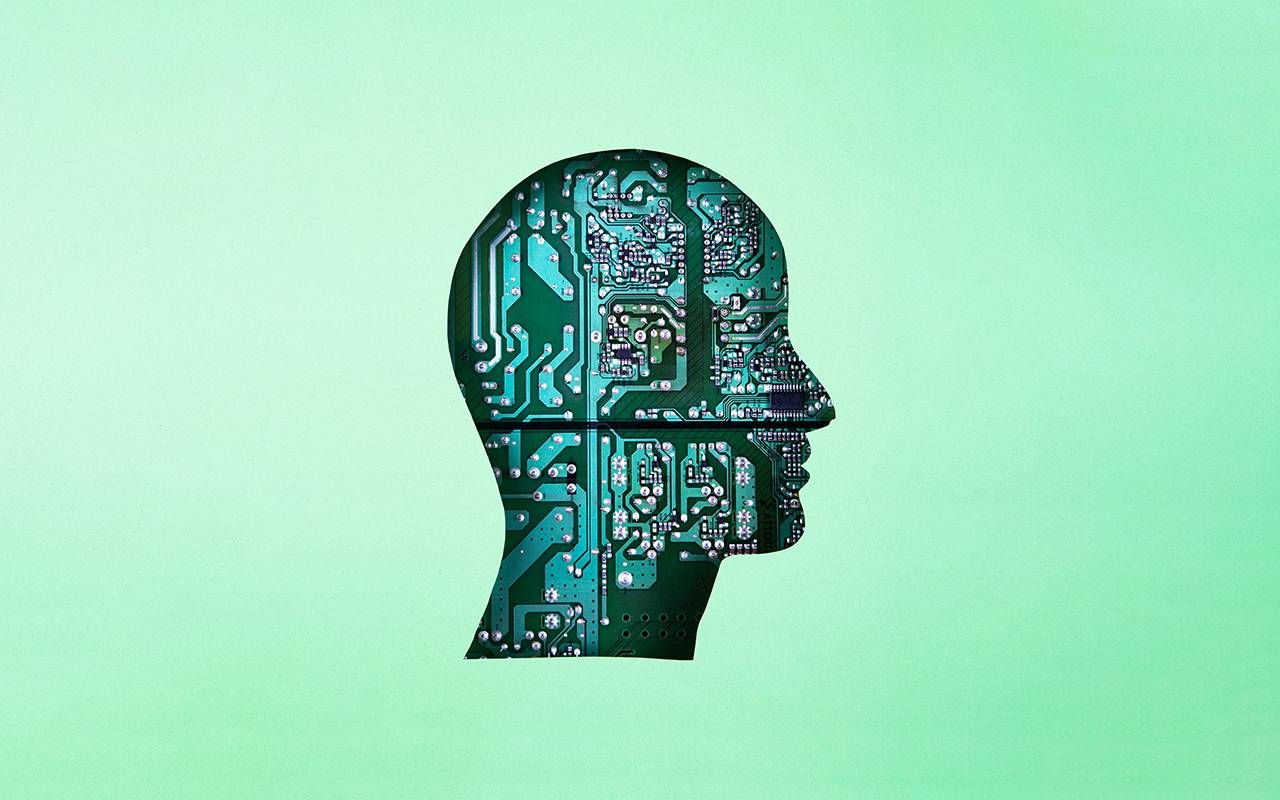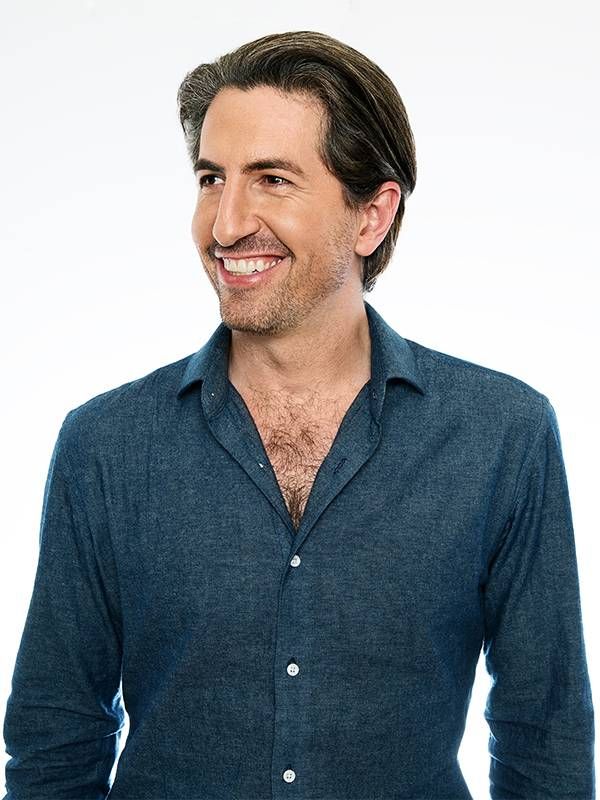Science Fiction May Be Reality Five Years Later
Neural brain implants have the potential to change society — for good and for bad
Nobody really knows what happens to you when your brain is hacked. "Our brains haven't evolved enough over time, while the world has," according to neuroscientist Moran Cerf.
If you told older adults that with a brain implant they would regain the physical and mental powers of their 20s, they would be amazed and thrilled. If you explained that in order to accomplish that, the necessary brain chip would override their existing mental functioning, many wouldn't process the risk-to-benefit ratio.

The promise of neural implants is nothing short of astounding. According to a Reuters Special Report, Elon Musk's Neuralink company has predicted this technology will "make the paralyzed walk, the blind see, and eventually turn people into cyborgs."
If you told older adults that with a brain implant they would regain the physical and mental powers of their 20s, they would be amazed.
On a less global level, the predictions are still mind-warping. Cerf predicts that in the not-too-distant future, you could learn a foreign language or eliminate a destructive habit without breaking a sweat. But Cerf also believes the staggering promise of today's science and technology blinds us to the dangers.
Born in Paris, Cerf, 46, claims citizenship to France, Israel and the U.S. With a BS in Physics, an MA in Philosophy, and a PhD in Neuroscience, he was professor at Northwestern University's Kellogg School of Management, and currently is professor of neuroscience and business at Columbia University.
What to Know About Neural Implants
1. Cerf's scientific research is in a "sexy niche," he says — neural (brain) implants. Neuroscientists focus on the brain and its impact on behavior and cognitive functions. High profile names are in the exploration race of brain-computer interface. These include Mark Zuckerberg, Bill Gates, and Jeff Bezos. Among elite universities, there's research at Cornell, Columbia, NYU, MIT and the University of California, and implant surgery at prestigious institutions like the Mayo Clinic.

Deep-brain-stimulation (DBS) devices for humans have been around since 2008, when the FDA first approved them for essential tremors and Parkinson's disease. Brain implants, also called neural implants, are connected directly to a subject's brain. Today, more than 150,000 people globally have received a DBS implant.
2. Nobody really knows what happens when your will is taken over by a brain implant. As Cerf projects it, those who would opt-in to get these implants would have far superior brains. They would be so much smarter, so much healthier. These super-humans would be able to cure cancer and — as long as someone's brain is still working — get the paralyzed to walk.
People who use wheelchairs might stop listening and not hear the warning that their brains would be hacked. What they would remember is the promise of walking. And if they opted in, from then on, they wouldn't know if what they were doing was really their choice or the result of how the neural implant and the algorithms guided them.
Individuals might buy products previously avoided or vote for candidates previously rejected. This is wildly different from advertising, where your judgement can accept or reject what's offered. With an implant, you would feel like you selected something, but you could have been nudged in a direction you might not have chosen — whether that's salad over cake or a particular political candidate.
3. We could be moving into two species. Worse, according to Cerf, is that "when you change the brain of some people you are actually moving to two species" — those who can afford these implants and those who cannot. Currently, he explains, there's inequality, but the level with technology is of a different magnitude. It's comparable, he says, to how the human race differs from other animals. Think of the smartest gorillas and how far they are from humans. That's what it would be like for the most brilliant current human compared to one of these people with an implant.
In the world of neuroscience and brain implants, Cerf says "we're at a fork in the road. There's the opportunity to harness all the new technology or face a doomsday."
And that, Cerf emphasizes, is what he is up against. As a passionate neuroscientist, Cerf is "totally committed" to his research. But he watches with concern as people learn more about the thrilling possibilities that will start to emerge.
4. These technologies will have immense unforeseen consequences. They require checks and balances. "There should be guardrails," Cerf says. He wants more control over what's coming. And that's where an older cohort may come in, because people in their 50s, 60s and beyond will want to embrace the good, but may also have the judgement that comes with experience to want some protections. "People need to know," Cerf says.
5. Find out how to protect yourself—and the future. Educate yourself, and talk with your friends. Find out what opinions political candidates hold. Advocate for what Cerf calls "protections and guardrails."
Nick Bostrom, Director of Oxford's Future of Humanity Institute, looks at the world through the prism of ethics. He cautions that for every magnificent advance promised, there is also the potential to destroy civilization. That we haven't figured out how to control what we create and make it safe, how to align our discoveries with human values and intentions.
6. Experts in three fields are sounding the alarm. Cerf watched with dismay during the last two presidential elections, when not one question was posed about Artificial Intelligence (AI). "Everything is moving so fast," he explains. And "all is driven by commercial companies." We internalize the good, he says. But experts are pointing to the dangers.
Artificial Intelligence pioneer Geoffrey Hinton warns that in the not too distant future, we will "not be able to know what is true anymore." There's also biologist Michael Spector's "Higher Animals" audiobook, cautioning that technology, combined with biological advances, could mean devastation for the human race.
In the world of neuroscience and brain implants, Cerf says "we're at a fork in the road. There's the opportunity to harness all the new technology or face a doomsday."
To Learn More
Moran Cerf TED and Google talks

